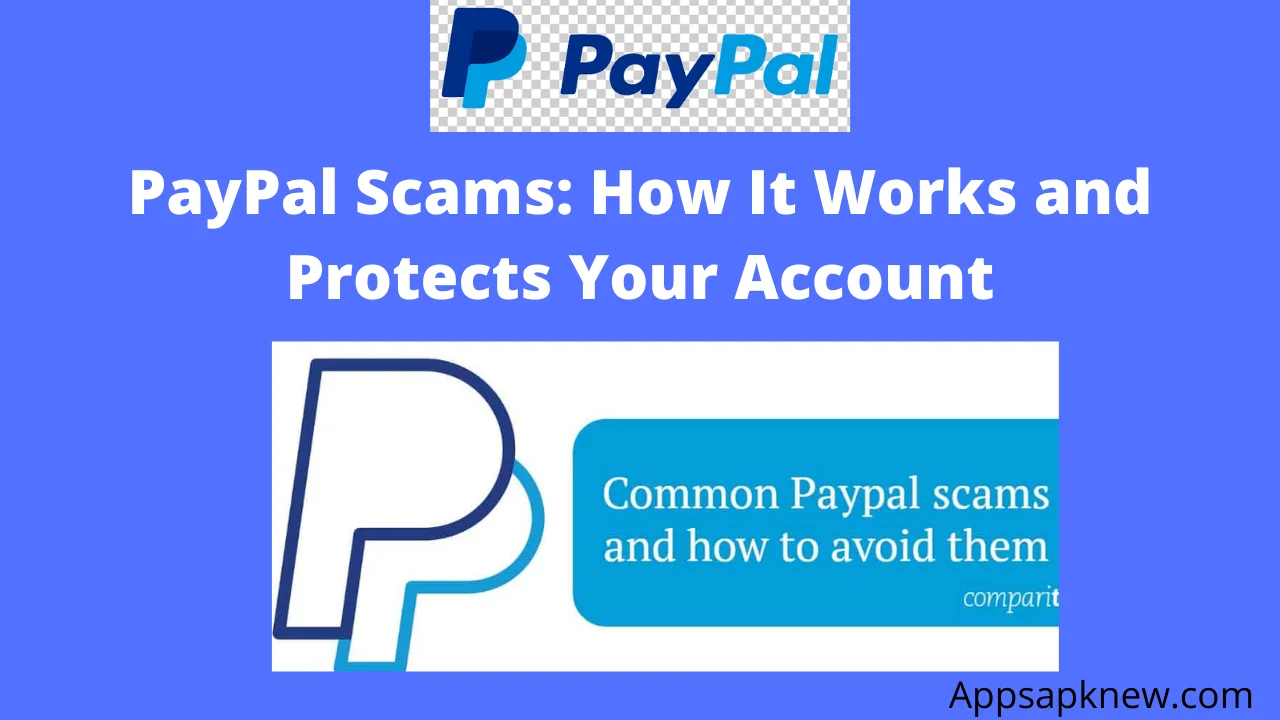7 common Paypal scams and how to find them
1. Open your PayPal account from the buyer’s link.
PayPal Scams If you are a seller but do not have a PayPal account, the buyer can contact you and say that you want to buy your product. Instead, payments are made via PayPal. This also adds other incentives to improve performance, such as bulk purchases.
However, telling you that you do not have a PayPal account will send you a link to open a new PayPal account.
2. Open your PayPal account on behalf of the seller.
The most common PayPal scams usually occur when merchants don’t have a PayPal account (yes, it doesn’t make sense, but there is still a solid business that can be built in bricks, not overnight).
In short, the kind Samaritans have opened a PayPal account on your behalf, yes, you have guessed it: no account, no contract, but unfortunately no other personal data. As described on PayPal’s customer support page, attackers search e-commerce material to find potential victims.
For example, if you have an ETC profile for manual products. However, if you do not have a PayPal account, you can contact the “charity” with whom you would like to purchase the item. Of course, companies offer interesting promotions, such as bulk purchases. With food seasoning
3. Send the purchased product to another address.

The buyer presents the product to a friend and wants to send him as a surprise gift. Therefore, you must ship the item to a different address, even if you pay from your PayPal account.
How can you protect yourself from Paypal scams?
The PayPal Security Bulletin clearly states that items not at addresses not registered with PayPal should not be shipped, and denying a claim is sufficient to provide protection.
4. There are many buyers.
The buyer pays an additional fee for the item. Then you get a notification that they accidentally sent excess money to move the thread. Get back your money (or use other dangerous methods).
How to prevent Paypal scams?
If you use PayPal, you always use PayPal, and PayPal can only protect transactions made using that platform. This request requires a full refund and ask you to resend the appropriate payment.
5. Cannot be bundled.
A surefire way to Paypal scams other payments is an “abuse” report of a failed shipment to PayPal. Here’s how the scam works: Know that someone purchased a product you found in an online store. Scammers don’t have to make payments or refunds online via credit card, but they do send money via PayPal.
There is nothing wrong with losing money or property. The criminal will provide a fake shipping address when filling out the shipping details page for the purchased product.
Your prayer is not over yet, this is just the beginning. After the carrier notifies you of the failed delivery, the Paypal scams will give you a new address. But this time it’s legal.
Therefore, the shipping company will be fine for transportation. This is an interesting place. When scammers buy yours, they complain to PayPal and eliminate the possibility that they won’t get what they need.
6. Send money to friends or family.
The seller may ask you to provide a payment form. “Friends and family” to complete the payment, help avoid transaction costs, and save money. You get a discount
What happened at the back of the screen?
The Friends and Family method is used only for transactions between close friends and family members who do not want to sell trusted products. In this case, PayPal Buyer Protection does not apply to this transaction.
If you shop this way, the seller may refuse to send the goods after receiving the payment. You cannot deny this payment, so contacting PayPal will not help.
How to prevent it?
Please note that the PayPal Friends and Family payment method is only available for transfer between trusted friends and family and does not cause conflicts. The purchase price must be paid. With a business this way, if everything works, PayPal can protect you.
Tell the seller if you need to decline the order if you need PayPal protection and you only pay as a business transaction.
7. The seller sends the wrong invoice.

For bulk purchases, the seller can notify you, a PayPal invoice will be sent to you and you will pay. You will then receive an email from PayPal containing a link to the invoice in full.
To verify, you will need to sign in with your PayPal credentials (even if you are already signed in). Usually, the login does nothing, if you may see an error.
How to prevent it?
You need to know the invoice from an unreliable source. First, make sure the email address you receive is “[email protected]”, which is a scam. In one post, make sure the billing site is “www.paypal.com” and does not lie. Details of fake emails can be found at the end of this article.

